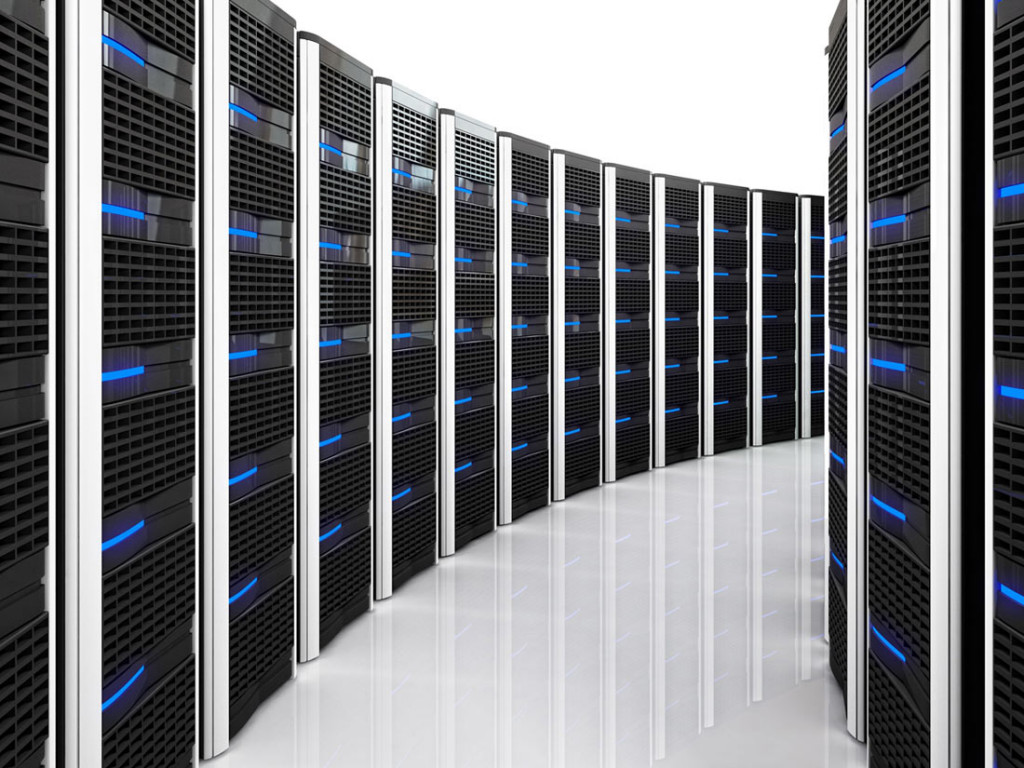If you’re a small business owner with a growing team of employees, you need to look at investing in a server. If you don’t understand the technology or if you don’t even know what a server is, then you’ve come to the right place. This quick and easy guide to data servers covers the top three questions that every new business wants to ask.

What is a data server?
Think of your normal computer at home. It has an operating system that allows you to access applications like Microsoft Office, web browsers and email; a server is like an expansion of that. It’s a specialised operating system that’s designed to support the same activity, but across many users at the same time. Whether you need an internal communication network, a shared calendar of appointments, or to set up multiple storage systems for each department, a server will ensure that your network continues to run at maximum speed. In short, it means that your employees can get their work done faster, and easier. You can read more on the basics here.
What’s the difference between a server and the cloud?
If you’ve been investigating servers then you’ll have come across “the cloud” before, but what actually is it? Well, while a personal server is your own system which manages and stores all of your data (similar to owning your personal computer), the cloud represents a virtual hosting system that exists outside of your network. It consists of several connected servers which allow you to increase your storage to suit your growing business needs. In both cases, however, it is important to implement certain security measures to prevent unauthorized access to confidential business data. In the case of personal servers, it becomes your responsibility to take the right measures that ensure a robust security system; when you opt for third-party cloud services, they often take care of cloud data security as well. Cloud hosting has exploded in popularity because of how reliable it is; if one server goes down, another server can step in and take its place, drastically reducing the amount of down-time a company experiences. However, many companies prefer personal servers because they have direct connections and are therefore a lot safer to use. Click here to read more on the pros and cons of each hosting type.
Which server is for me?
There are a lot of factors to consider with server choice, but think about the main purpose for your server. Is your focus on file-sharing, on email, or as a back-up for all of your data? Do you have a lot of remote workers who need to be able to access the server from mobile devices? It might be that you can buy a simple package that suits your business, or you may need to look at a custom server such as those by Pinnacle Data if your needs are more complex. Once you’ve found your focus, get in touch with the experts and find out how they can help take your business to the next step.
 The Ultimate Business Blog Citygirlbusinessclub.com
The Ultimate Business Blog Citygirlbusinessclub.com